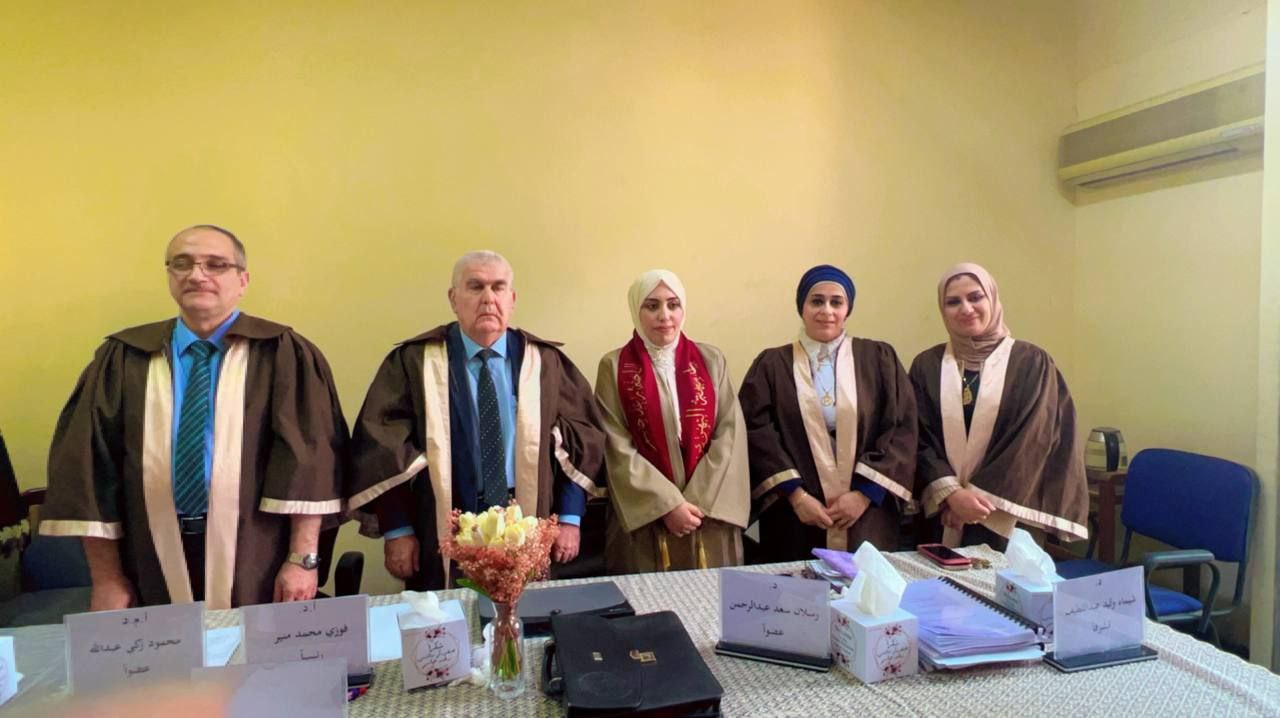Visitors: 33366865 Views
Done By: Department of Computer Engineering
Post Date: 2023-04-14
Last Browse: 2025-12-15

On Tuesday, corresponding to 11-4-2023, the master's thesis of the student, Raghad Jassem Muhammad, was discussed for her thesis tagged Performance Optimization in Edge Computing The committee consists of: Mr. Dr. Fawzi Muhammad Mounir Al-Nama, Chairman Mother. Dr.. Mahmoud Zaki Abdullah, member M.D. Raslan Saad Abdul Rahman, member M.D. Shaima Walid Abdel Latif, member and supervisor The student has successfully fulfilled the requirements for obtaining a master's degree. The increase in the number of internet-connected devices is one of the most
significant current discussions; anything connected to the internet has a value.
The connection of these devices to the internet causes a large amount of data to
be generated and processed in a short response time. The quality of experience
of users’ devices is greatly limited by their computation capacity and finite
battery lifetime. Edge computing is considered the perfect technology solution
that facilitates data processing at the network's edge. Mobile Edge Computing
(MEC) techniques enhance the data transmission rate. It provides an edge
network with cloud computing services. Mobile users can offload whom
computation tasks into the edge network. Minimizing the cost of the system
represented in terms of energy and time is an open issue in MEC technology.
This work proposes a system structure consisting of three layers: the cloud
computing layer, the MEC layer, and the IoT devices layer; Suggested solution
to solve the problem of energy and time consumed by choosing the best position
of the three layers that have a minimum cost to execute tasks using an
offloading scheme. This work proposes offloading decision-making, addressed
and solved using the Hybrid Dwarf Mongoose Optimization Algorithm
(HDMO). The results show that the proposed algorithm improves the
performance of MEC by minimizing the cost of the system in terms of energy
and time. The proposed method has been evaluated by studying the
convergence of the results and the time needed to obtain the results. The results
has been compared with Particale Swarm Optimization (PSO), which showed
that the HDMO algorithm is the best to reach the best solution in terms of
performance enhancement and convergence.